#Gaza, Ahed Tamimi, Israel, Nakba, Palestine, Palestinian, Promises Books, West Bank
808 Views
Palestine: Navigating the Complex Landscape
Palestine and the Quest for Peace
In the heart of the Middle East, the ongoing conflict in Palestine remains a powder keg of historical, political, and humanitarian complexities. It’s a topic that has elicited passionate responses from individuals and nations around the world for decades. As we delve into this multifaceted issue, it’s essential to approach it with an open mind, empathy, and a commitment to finding a just and lasting solution.
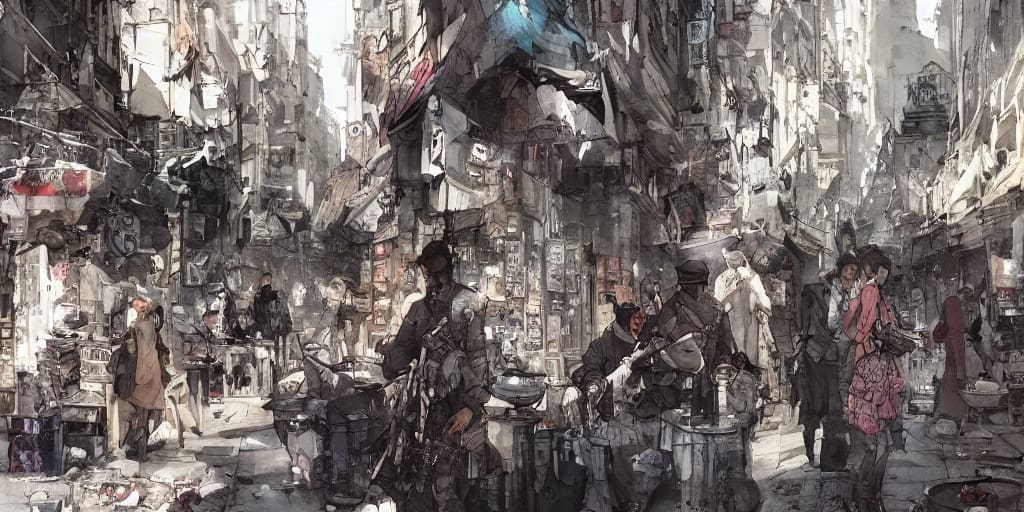
Table of Contents
Palestine: The Historical Context
*All Book Images Open a New tab to our Bookshop
**If you buy books linked to our site, we get 10% commission from Bookshop.org, whose fees support independent bookshops.
To understand the current situation in Palestine, we must first appreciate its deeply rooted historical context. The Israeli-Palestinian conflict dates back to the late 19th century when Jewish immigrants began arriving in Palestine, then part of the Ottoman Empire. After World War I, the League of Nations granted Britain a mandate to govern Palestine, leading to an increased Jewish population and tensions with the Arab majority.
The United Nations proposed a partition plan in 1947, dividing Palestine into Jewish and Arab states, with Jerusalem under international administration. The Jewish leadership accepted the plan, but the Arab nations rejected it, leading to the first Arab-Israeli war in 1948. This war led to the creation of Israel and the displacement of hundreds of thousands of Palestinian Arabs, marking the beginning of a long-lasting conflict.
Humanitarian Concerns in Palestine
One of the most pressing issues in the Israeli-Palestinian conflict is the dire humanitarian situation in Gaza and the West Bank. Over the years, these territories have experienced significant suffering due to violence, economic hardship, and a lack of access to basic necessities.
In Gaza, a densely populated strip of land, the blockade imposed by Israel has led to severe shortages of food, clean water, and medical supplies. The population lives under constant threat of military operations, making it one of the most challenging places on Earth to live.
In the West Bank, Palestinians face daily hardships due to Israeli settlements, which continue to expand, encroaching on Palestinian land and resources. Checkpoints, restricted movement, and the separation barrier further exacerbate the situation.
These humanitarian concerns should not be ignored, as they have a direct impact on the lives of ordinary people in the region. It is crucial to advocate for the improvement of living conditions and the protection of human rights for all.
The Role of International Actors
International involvement in the Israeli-Palestinian conflict is substantial, with various countries and organizations attempting to mediate and broker peace agreements. The United States has traditionally played a central role in these efforts, often acting as an intermediary between the parties.
However, the perceived bias of some international actors, especially the U.S., has been a contentious issue. Critics argue that this bias undermines the credibility of peace negotiations and favours one side over the other. To achieve a just and lasting solution, it is imperative that international actors maintain impartiality and prioritize the interests of both Israelis and Palestinians.
The Two-State Solution: A Way Forward?
One of the most widely discussed solutions to the Israeli-Palestinian conflict is the establishment of two separate states: Israel and Palestine, living side by side in peace and security. This idea has garnered international support and has been the basis for numerous peace negotiations.
While the two-state solution remains a viable option, it faces significant challenges, including the status of Jerusalem, the borders of a future Palestinian state, and the fate of Palestinian refugees. Additionally, the expansion of Israeli settlements in the West Bank has raised doubts about the feasibility of a geographically contiguous Palestinian state.
In recent years, there has been growing debate about alternative solutions, including a one-state solution in which Israelis and Palestinians would live together in a single, democratic state with equal rights for all. However, this proposal also faces numerous obstacles, including the question of whether it is politically feasible and whether both sides would ever be willing to accept it.
The Need for Dialogue and Empathy
Amidst the complexities of the Israeli-Palestinian conflict, one thing is clear: there can be no lasting peace without open and honest dialogue. Both Israelis and Palestinians have legitimate concerns, historical grievances, and dreams for a better future.
Empathy plays a crucial role in resolving this conflict. It requires acknowledging the suffering on both sides, recognizing the rights and aspirations of both peoples, and working together to find common ground. International actors must facilitate a meaningful and inclusive dialogue that includes a broad spectrum of voices from both communities.
The Israeli-Palestinian conflict is a deeply rooted and highly sensitive issue that continues to have profound consequences for the people in the region. To move toward a just and lasting resolution, it is essential to address historical grievances, alleviate humanitarian suffering, and engage in meaningful dialogue.
Ultimately, the path to peace in Palestine is fraught with challenges, but it is not an impossible endeavour. It requires the commitment of the international community, the empathy of all parties involved, and a genuine desire for a future where Israelis and Palestinians can coexist in peace, security, and dignity. The status quo of conflict is unsustainable, and it is the responsibility of all of us to work towards a better future for the region.



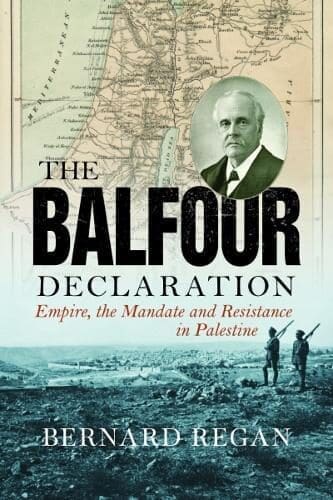
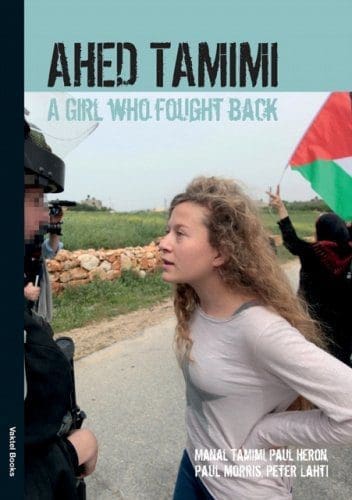
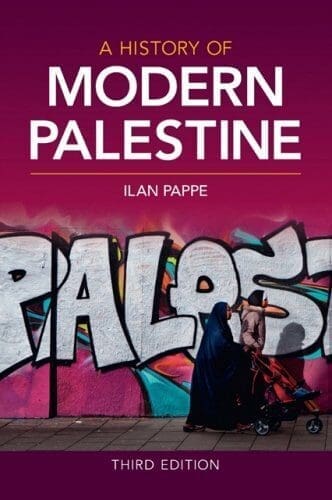

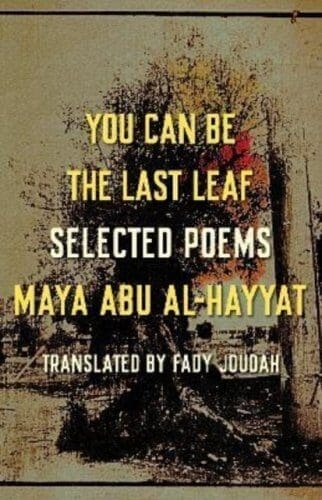

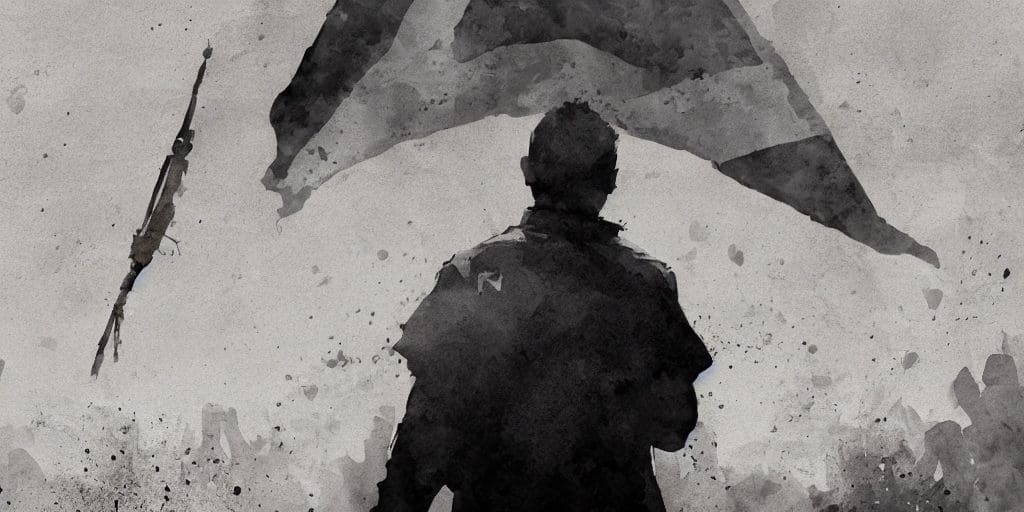
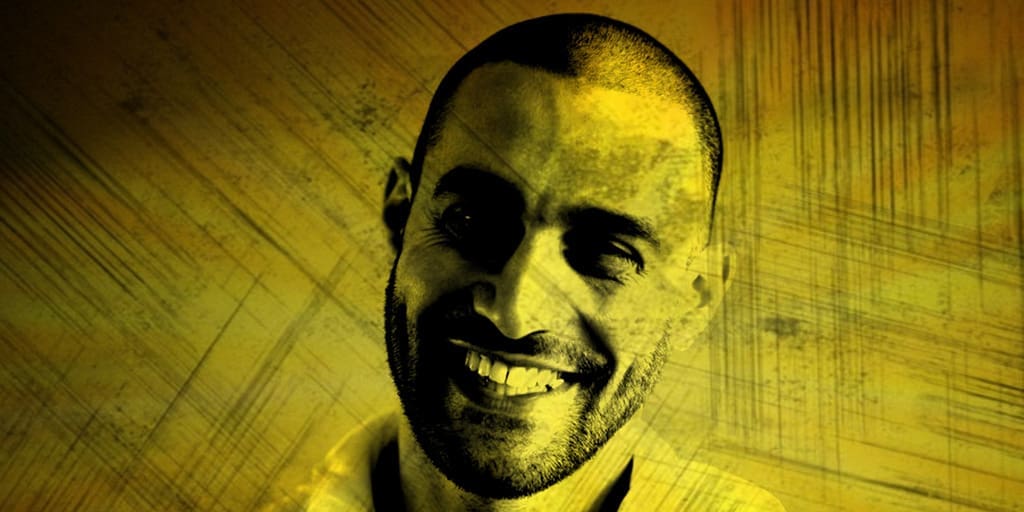

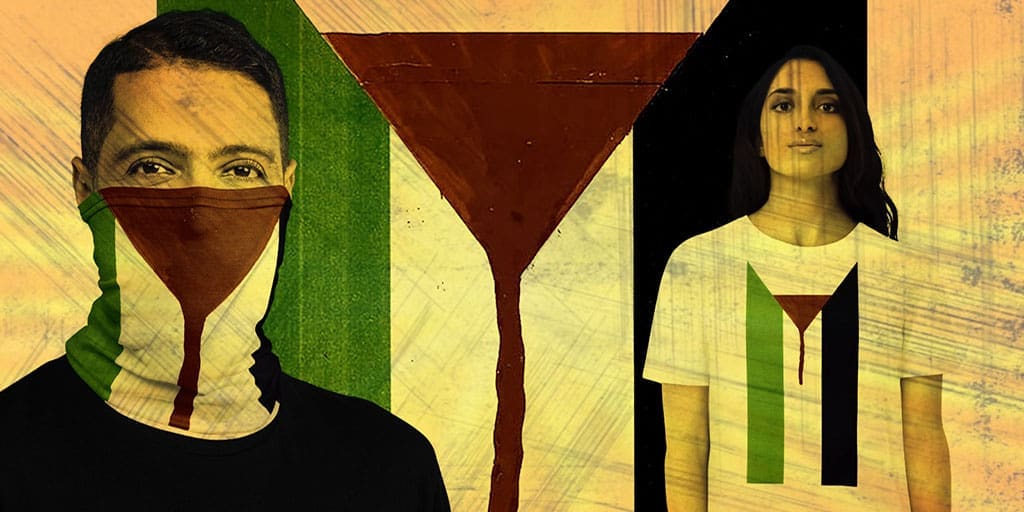

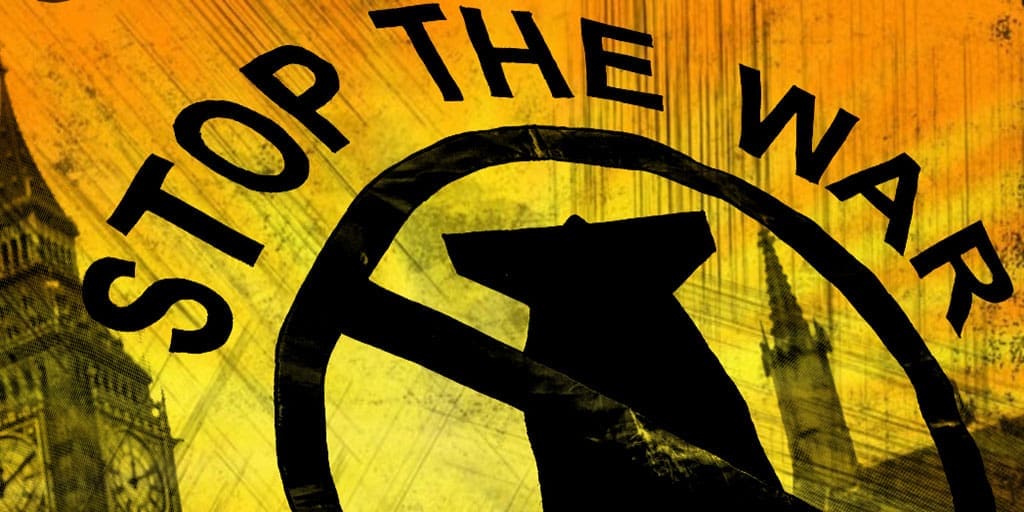


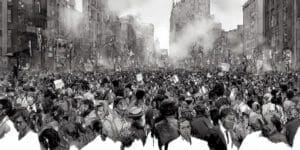



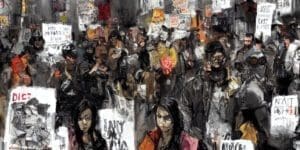
























Leave a Comment